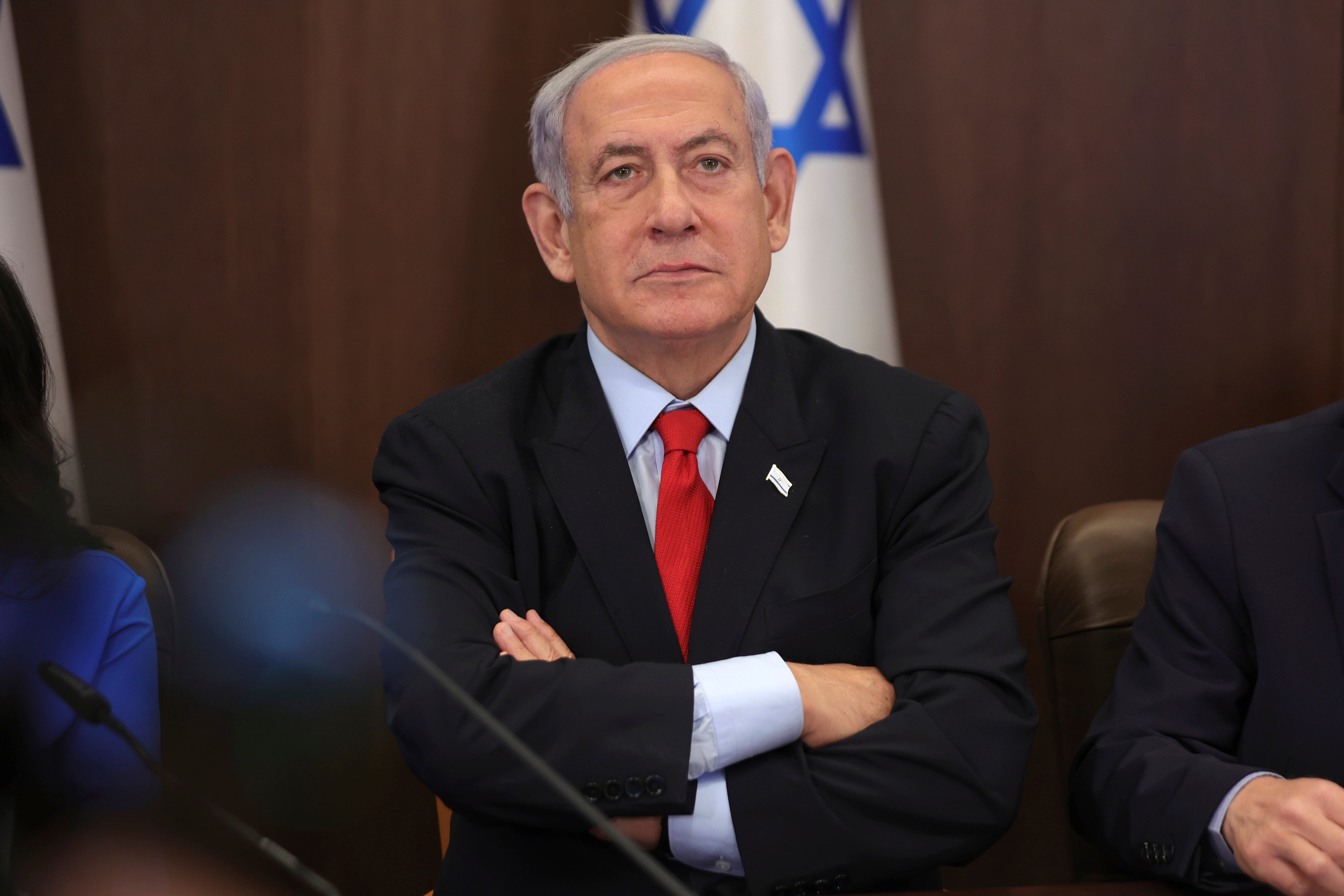Israel's full high court to hear petitions against judiciary law in September that spurred protests
Israel’s Supreme Court says that a full panel of 15 justices would hear petitions in September against a contentious judiciary law that Benjamin Netanyahu’s government passed last week that spurred mass protest

Your support helps us to tell the story
From reproductive rights to climate change to Big Tech, The Independent is on the ground when the story is developing. Whether it's investigating the financials of Elon Musk's pro-Trump PAC or producing our latest documentary, 'The A Word', which shines a light on the American women fighting for reproductive rights, we know how important it is to parse out the facts from the messaging.
At such a critical moment in US history, we need reporters on the ground. Your donation allows us to keep sending journalists to speak to both sides of the story.
The Independent is trusted by Americans across the entire political spectrum. And unlike many other quality news outlets, we choose not to lock Americans out of our reporting and analysis with paywalls. We believe quality journalism should be available to everyone, paid for by those who can afford it.
Your support makes all the difference.Israel's Supreme Court said Monday that a full panel of 15 justices would hear petitions in September against a contentious law Benjamin Netanyahu's government passed last week that spurred mass protests.
The law was one of a series of proposed changes to Israel's judiciary put forward by Netanyahu's government earlier this year that seek to curb the power of the Supreme Court. The judicial overhaul plan has been met with months of sustained mass protest against the legislation and drawn criticism from the White House.
Critics of the overhaul say that, if passed, the package of laws would concentrate power in the hands of the ruling coalition and erode the system of checks and balances between branches of government. Proponents say the measures are necessary to limit the power of unelected judges they say are overly activist.
Netanyahu and his allies passed a law last week that removes the high court's ability to annul government decisions considered “unreasonable.” The “reasonableness standard” was implemented by the Supreme Court earlier this year to thwart the appointment of a Netanyahu ally as interior minister after he had recently pleaded guilty to tax offenses.
The court said the hearing concerning the law striking down the “reasonableness standard” would take place on Sept. 12 with a full bench of 15 justices. The Supreme Court typically hears cases with smaller panels of justices, but appears to have opted for a full complement of judges in light of the highly delicate nature of the matter.
The Netanyahu administration's push to overhaul the judiciary has deeply divided an already highly polarized country and sparked the longest sustained protests in the country's history.
Netanyahu and his allies took office in December after the country's fifth election in under four years, most of them referendums on the longtime leader's fitness to serve while on trial for corruption.